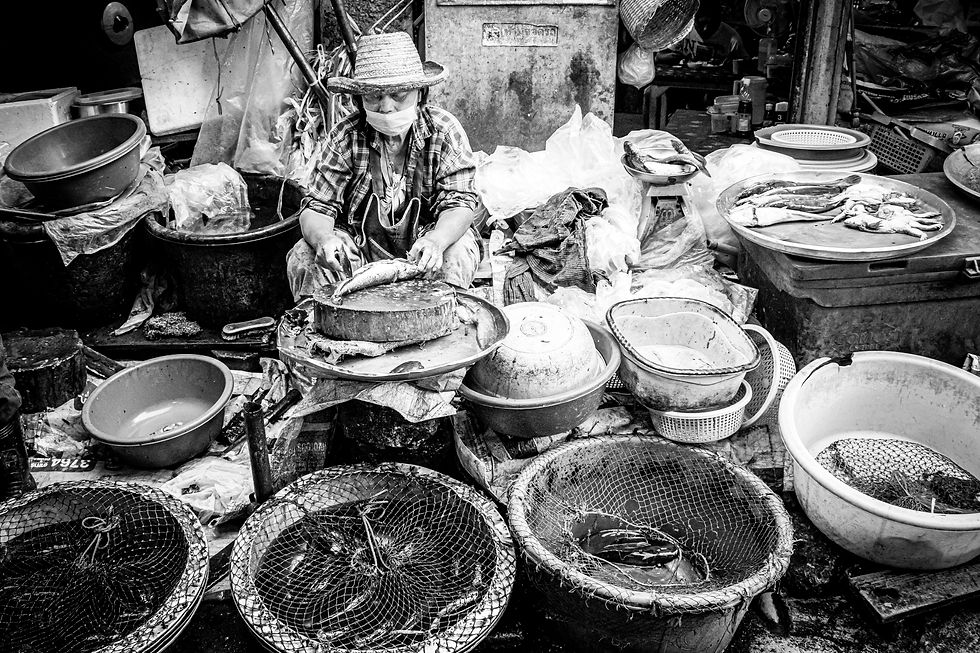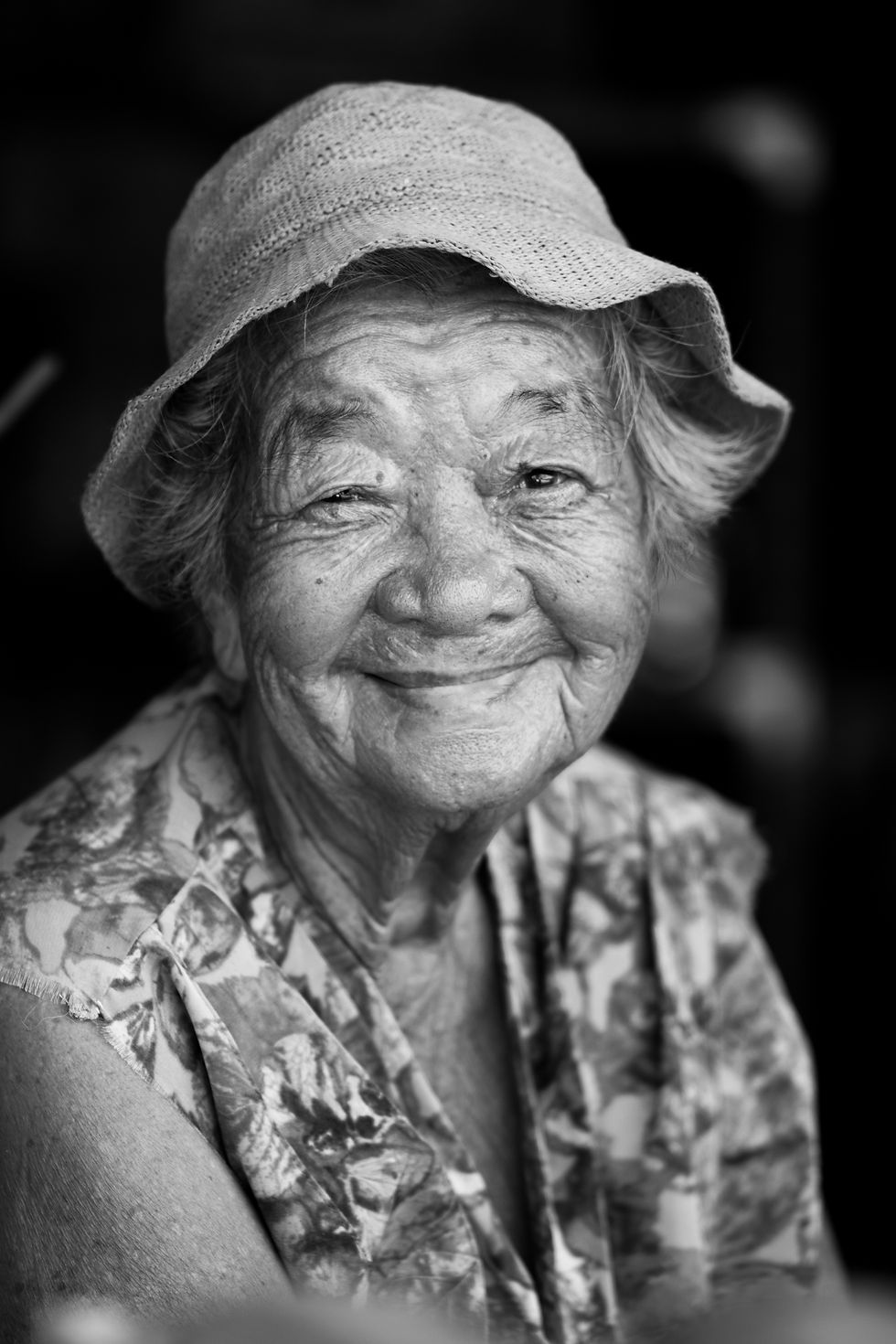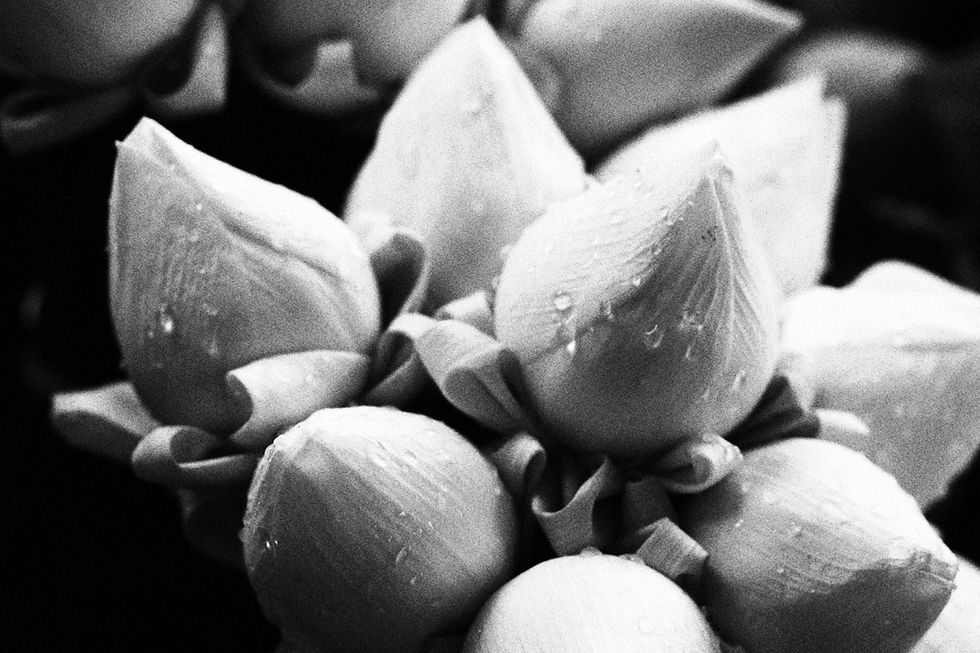When Photography Feels Like a Lie: Impostor Syndrome Behind the Lens
- Tatiana Mocchetti
- Jun 10, 2025
- 4 min read
Every photographer, no matter how experienced, has stood behind the lens and whispered, “Who am I to call myself a photographer?” That creeping doubt, the persistent feeling that you’re not good enough or that your best work was a fluke—that’s impostor syndrome. And in photography, where validation often comes from likes, comments, or client feedback, the line between confidence and insecurity is razor thin.
This article is for every photographer who’s ever questioned their talent, compared themselves to others, or felt like a fraud. We’ll talk openly about impostor syndrome in photography, how it shows up, and most importantly—how to move through it without losing your spark.
“I have no special talents. I am only passionately curious.” — Albert Einstein
What Is Impostor Syndrome in Photography?
Impostor syndrome isn’t a lack of skill—it’s a distortion of perception. Even accomplished photographers often feel like they don’t deserve their success. It’s the fear of being ‘found out’ as someone who’s not as creative or capable as others believe.
In photography, this can show up in many ways:
Feeling uncomfortable charging for your work
Downplaying your successes or wins
Avoiding entering contests or applying for exhibitions
Constantly comparing your photos to others and feeling less than
You might think, “I just got lucky with that shot,” or “Anyone could have taken this.” But here’s the truth: they didn’t. You did.

Social Media: The Double-Edged Sword
Instagram, Thread, Facebook—they connect us and showcase our art, but they also feed insecurity. When your feed is full of stunning images, it's easy to feel like your work is lacking. What you don’t see, however, is the hundreds of discarded shots behind every perfect one.
Comparison is the thief of joy, and nowhere is that more obvious than in a photographer’s scroll. We compare our behind-the-scenes to someone else’s highlight reel. It's a dangerous habit, but also a common one.
The next time you scroll and feel that sting of doubt, pause and ask: What about this image is making me feel inadequate? That self-awareness is the first step to reclaiming your confidence.

Reframing the Doubt
What if impostor syndrome wasn’t a weakness but a sign that you care? Doubt often means you’re aware, reflective, and striving to grow. That’s not failure—that’s progress.
Start reframing the inner critic:
Instead of "I’m not a real photographer," say, "I’m a photographer still learning."
Instead of "I don’t deserve this praise," say, "I’ve worked hard to get here."
Write down three things you’re proud of in your photography journey. Return to that list when doubt creeps in.

Finding Your Own Voice
You don’t need to shoot like someone else to be valid. Your perspective—shaped by your experiences, your eye, your story—is your strength. Impostor syndrome often arises when we try to mimic others and lose touch with what excites us.
Spend time photographing what matters to you, not what performs best online. Shoot with curiosity, not just for curation. Your voice grows louder when you listen inward more than you look outward.

Community Over Comparison
Talk to other photographers. You'll be surprised how many feel the same. Community reminds us we’re not alone—and sometimes, just hearing “me too” is enough to silence the impostor for a moment.
Join a local photo walk, share your doubts with a trusted friend, or start a conversation online. Vulnerability doesn’t diminish your credibility—it deepens your connection.

Final Thought
Every great photographer once questioned themselves. Some still do. Impostor syndrome doesn’t mean you’re failing—it means you’re growing. It means you care. Keep showing up. Keep pressing the shutter. Because your story, your vision, your way of seeing the world—they matter.
“It is not the mountain we conquer, but ourselves.” — Sir Edmund Hillary
Quick Takeaways
Impostor syndrome is common among creatives, especially photographers
Social media often fuels feelings of inadequacy—pause and reflect
Doubt can be reframed as care and growth, not failure
Your unique voice is what makes your work valuable
Community and conversation help dissolve shame and build confidence

FAQs
1. Is impostor syndrome normal for photographers?Yes—especially in creative fields where success is subjective. Many photographers, even professionals, feel it.
2. How do I overcome impostor syndrome?Awareness, self-reflection, and reframing your thoughts are key. Talking to peers also helps normalize the feeling.
3. Does impostor syndrome ever go away?It may not disappear entirely, but it becomes quieter as your confidence grows and you build self-trust.
4. Can beginners feel impostor syndrome too?Absolutely. It's not about your level—it’s about perception. Beginners and experts alike can feel like frauds.
5. How can I regain confidence after a creative slump?Return to shooting without pressure. Revisit old work to see how far you've come. Find joy again in the process.
If you’ve ever felt like a fraud behind the lens, you're not alone. Let’s talk about it. Share your story, your doubt, or a moment you overcame the voice that said “you’re not enough.” Because here, you are.



Hi Tatiana. I recently came across your work and now your blog. I must say, I'm so happy to have discovered it. Your images are beautiful and interesting. Your words are encouraging and motivating.
I find myself struggling with imposter syndrome from time to time as an amateur photographer who travels perpetually. These feelings, along with the recent death of a parent and subsequent lengthy return to my home country, has resulted in my camera laying idle for for some time now.
My discovery of this article and your blog is timely as I prepare to restart my travels in a couple of months. I feel encouraged and motivated.
So, thank you for that.
I am in Chang Mai fairly…